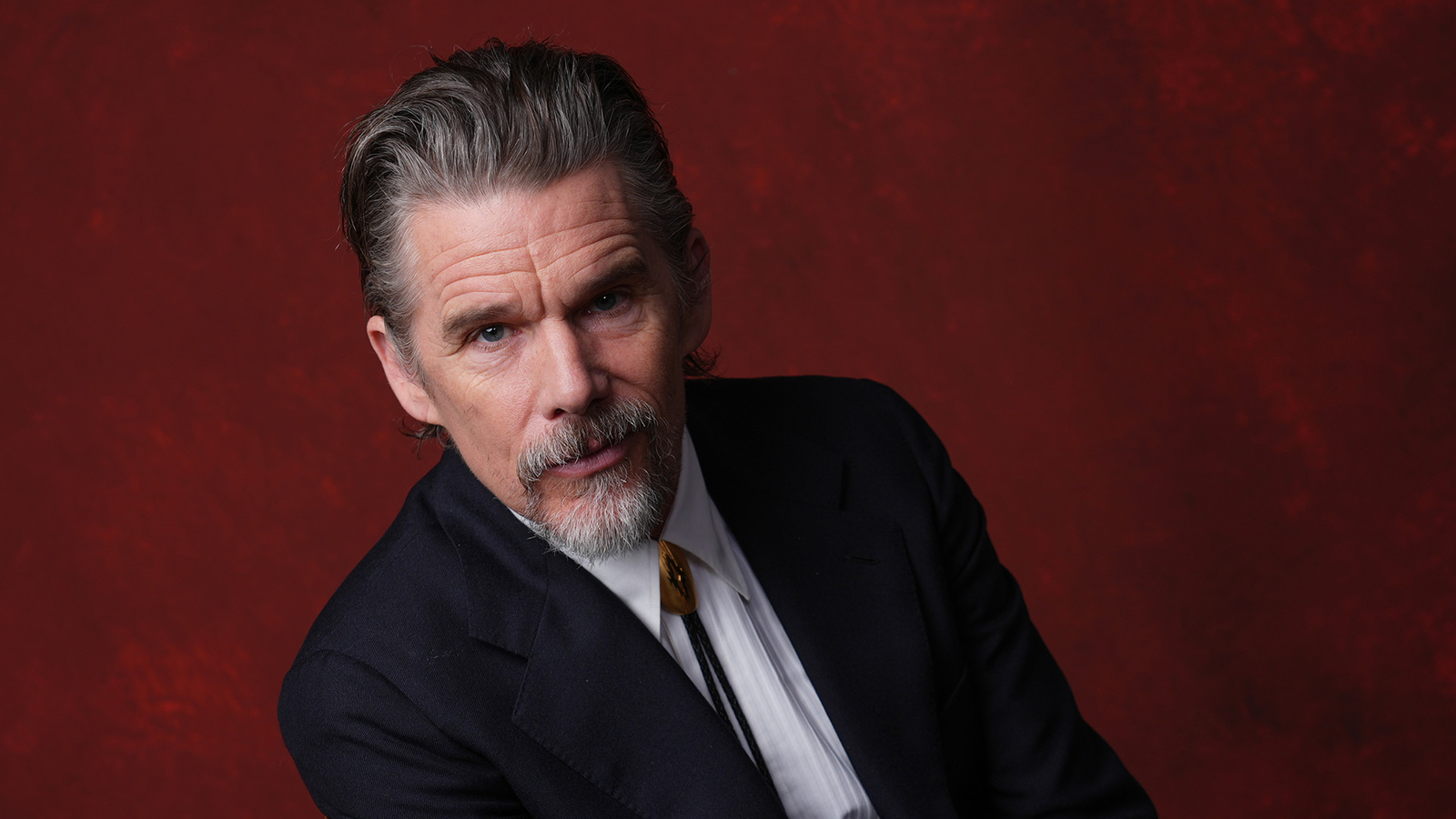Stephanie Danan couldn’t have picked a finer day for her first presentation in Paris: sunlight poured into the showroom overlooking the Tuileries Garden, where she unveiled Co’s fall collection with a small runway show.
Continue Reading

Ethan Hawke on his 1st Best Actor Oscar nomination, saying goodbye to Lorenz Hart, and the stories he still thinks about today
NEW YORK — At 55, with more than four decades in the industry and nearly 90 films to his name, Ethan Hawke is having the type of moment he deserves. For the first time, he is up for Best Actor at the 2026 Oscars for his deeply felt portrayal of…
Continue Reading

Cole Reschny grabs NCHC Rookie of the Week to close regular season
GRAND FORKS, N.D. – Freshman forward Cole Reschny was named NCHC Rookie of the Week on Monday afternoon, as announced by the league…
Continue Reading

The Wall Group Debuts ‘Thank Your Glam Team’ Billboard Campaign in LA
As the film industry turns its gaze toward Hollywood’s biggest night, The Wall Group is drawing attention to those who help make the spectacle possible but rarely receive the spotlight. Timed with Oscars week, the creative management agency…
Continue Reading

Snow named USTFCCCA National Athlete of the Week
NEW ORLEANS – Junior sprinter and hurdler Malachi Snow was named the USTFCCCA Men’s Division I National Athlete of the Week, the organization announced Monday afternoon.
Snow, who collects the honor for the first time in his career, is coming…
Continue Reading

Vintage Nerds, Abercrombie Has Finally Heard Our Cries
The mall-brand renaissance has admittedly cooled off over the last six months, but it’s still one of the most reliable ways to pop into a store and cop solid basics for the low. One label that continues to serve up some of the best cropped…
Continue Reading

U.S. death toll in Iran war rises to 6 as Trump says campaign could last 5 weeks
The head of the United Nations’s nuclear watchdog agency, the IAEA, said Monday that his agency had “no indication” that any of Iran’s nuclear installations had been damaged by the ongoing Israeli-U.S. strikes on the country.
IAEA…
Continue Reading

Deckhand on ‘Deadliest Catch’ boat dies while fishing in Alaskan waters
Todd Meadows, a deckhand on a boat featured in the long-running reality TV series “Deadliest Catch,” has died while fishing off the coast of Alaska.
Captain Rick Shelford, one of the stars of the Discovery Channel show about crab fishermen in the…
Continue Reading

Statement on the Escalating Conflict in the Middle East and Its Impact on the Global Energy Security
Following the recent attacks on the energy infrastructure in the Middle East, the Secretary General of the International Gas Union, Mr Menelaos (Mel) Ydreos, would like to make the following statement:
“The International Gas Union remains deeply concerned about the targeting of energy infrastructure. This infrastructure is essential not only to public safety and security but, also, to regional and global economic activity.
Continued investments in energy infrastructure and diversity of energy supply are critically needed to mitigate market shocks.“

